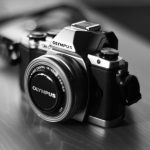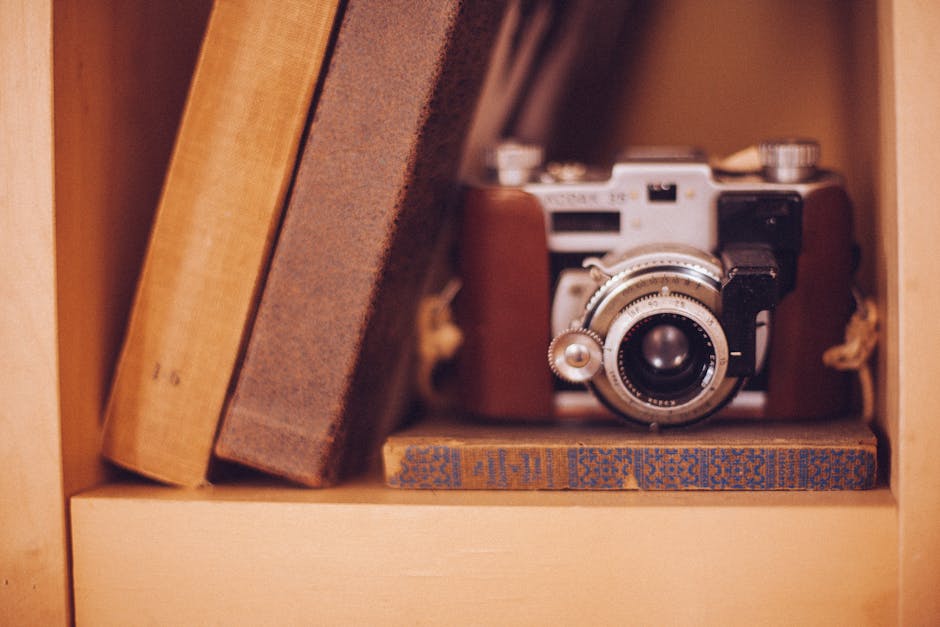SLR (Single-Lens Reflex) digital cameras are renowned for capturing stunning images with their interchangeable lenses and precise control. Whether you're a photography enthusiast or just want to up your photography game, mastering an SLR digital camera can unlock a world of creative possibilities.
**Understanding the Basics**
An SLR camera consists of a body and lens, which work together to capture light and create an image. The mirror inside the camera reflects light from the lens onto a viewfinder, allowing you to preview the shot before taking it. When you press the shutter button, the mirror flips up, and the light travels to an image sensor, which converts it into digital data.
**Choosing the Right Camera**
Selecting an SLR digital camera depends on your needs and budget. Entry-level cameras are suitable for beginners, while advanced models offer more features and customization options. Consider factors such as resolution (megapixels), sensor size, and lens compatibility before making a purchase.
**Understanding Lenses**
Lenses play a crucial role in the quality and versatility of your images. Different lenses offer varying focal lengths, apertures, and zoom ranges. Wide-angle lenses capture wide scenes, while telephoto lenses bring distant subjects closer. Aperture controls the depth of field, affecting the level of background blur.
**Composition Basics**
Composition refers to the arrangement of elements within a frame. Mastering basic composition techniques, such as the rule of thirds, leading lines, and negative space, can significantly enhance the impact of your images.
**Manual Mode: Taking Control**
While automatic modes can simplify shooting, manual mode gives you complete control over exposure, aperture, and shutter speed. This allows for greater creative expression and flexibility in challenging lighting conditions.
**Mastering Lighting**
Lighting is essential for creating well-balanced images. Understand how different light sources affect exposure and composition. Experiment with natural light, artificial light, and modifiers to achieve the desired mood and atmosphere.
**Editing and Post-Processing**
Post-processing software can help you enhance your images by adjusting exposure, contrast, color, and other settings. Use editing tools judiciously to refine your photographs and bring out their full potential.
**Conclusion**
Mastering SLR digital cameras requires practice and a keen eye. By understanding the basics, choosing the right equipment, and applying composition principles, you can capture stunning images that tell compelling stories. Embrace the journey, experiment with different settings, and continue honing your skills to unlock the full potential of your SLR digital camera.

